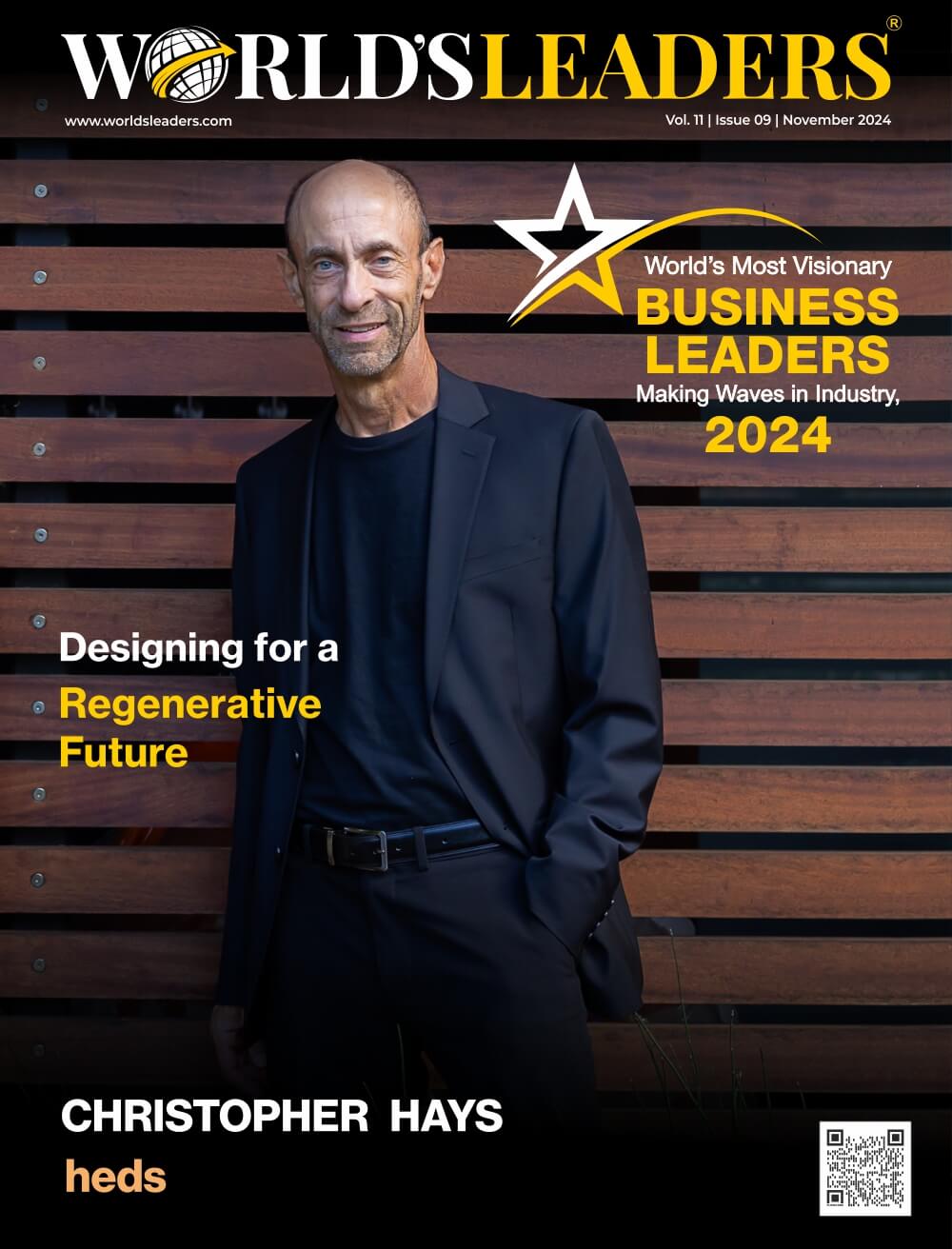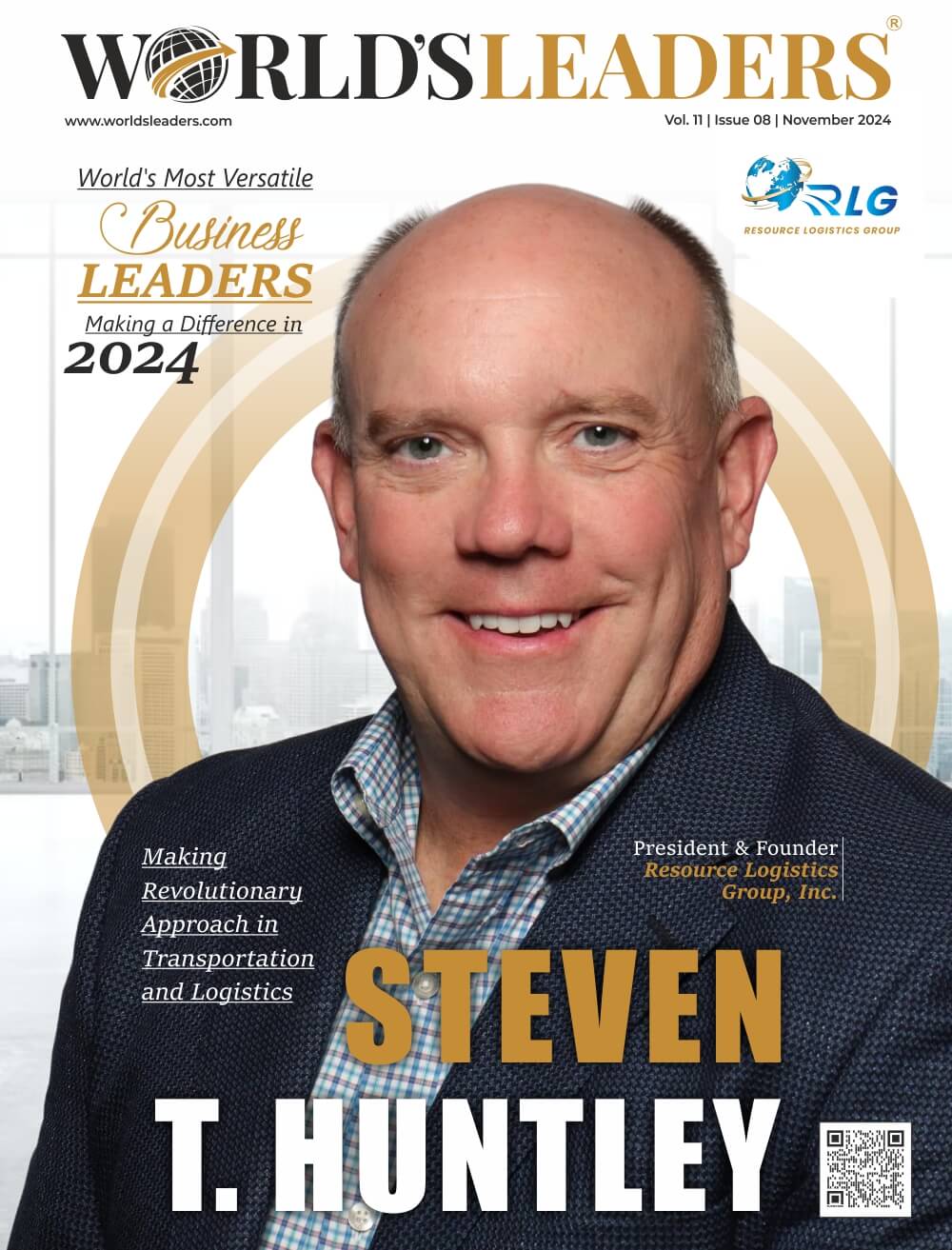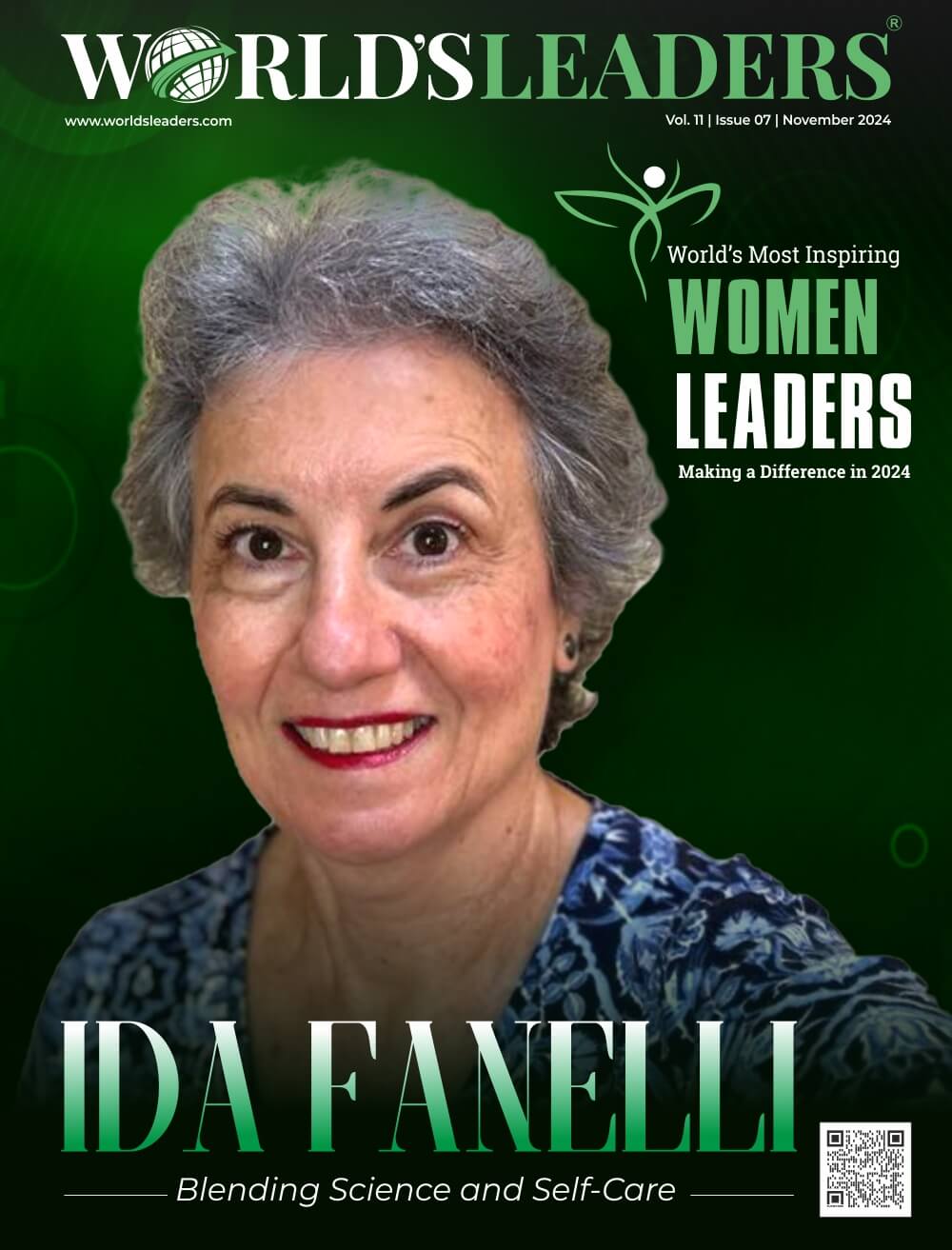Danilo Leao, the CEO and founder of BovControl, leads a flourishing and lucrative business that has generated twice the revenue compared to the previous year. With BovCrypto, he envisions a revolutionary approach to farming by tokenizing every aspect, enabling farmers to unlock their full potential and receive payment based on the value of their data to the supply chain. The introduction of collateralized tokens as a fresh revenue stream is set to disrupt traditional institutions, providing products and experiences that cater to the aspirations of their clients.
Below are the highlights of the interview conducted between World’s Leaders and Danilo Leao:
Describe who you are as a person, inside and outside of the workplace.
That’s a challenging question that I can answer from many different perspectives. But I can make it simple by saying I’m a father, a son, and an entrepreneur. I am an average person trying to use what I have learned, where I grew up, and what I like and don’t like. I’m a dreamer and an explorer, trying to understand what is happening, and bring my dreams into reality. The purpose I decided to work for is to serve the people that are in the agriculture space. I feel happy and fulfilled when I can do that, and see people using what we have built here and being more successful because of it.
Describe your background and what did you do before you started/joined the company?
I began working on my family’s farm in Brazil when I was 15 and became acquainted with livestock and agriculture, developing a lot of respect for farmers. In my early years of work, I was introduced to many themes that would become important later on. At one job, I was exposed to AI; at another job, I was exposed to stock grants, investing, and acquisitions. This gave me a good foundation for when I started my first business, CertBeef. CertBeef was a traceability company that certified beef supply chains to comply with European Union standards. Later, we introduced an offshoot called CertCarbon and certified the impact of environmental factors. After changes in regulation caused CertBeef to close, I started a livestock eartag company, Polite, that has continued to grow each year. With my partner at Polite, we found BovControl, and everything from AI, carbon, traceability, and my early work on the farm, has grown BovControl into what it is today!
Tell us about the inception of the company. How did it all start?
I saw the challenges that I faced managing livestock on my family’s farm when I was young, and understood from one of my first jobs the benefits of digitization, so we brought those ideas together and BovControl was born. Now we have served thousands of farmers, digitized milk supply chains for some of the largest dairy processors, and empowered farmers with tools to understand their environmental impact.
What has made you successful? What do you value?
Before being successful, I made tons of mistakes. If I considered all of the mistakes, I succeeded less than I failed. But we, as BovControl have had success, and I believe the most important part of that is that we are blessed. We are in the right place, with the right people, at the right time, and that isn’t something I can do by myself. I follow Jesus Christ, and I know that God is providing everything we need, and His guidance is an important part of the success of this company. Especially when we need to make decisions that deal with truth and lies and right and wrong. Without the light of Jesus Christ that roots our decisions, we wouldn’t be here. We know the people we serve, the farmers, also share this belief. We conducted some research to understand our users, and found that when we asked about why they were successful, over 60% said it was because of Jesus Christ. So I feel comfortable sharing that because we’re aligned with our users. This doesn’t discount the fact that success is also about hard work and smart people. Not just PhDs, but people who take risks and sacrifice part of their lives to do things that are not easy to do. Persistence is also important. We have had many failures, so persistence is key.
Which are the major services of the company and how do the company to get ahead in the competition? What value-added services does the company provide?
We help the livestock and ag spaces digitize by using tools their way. We are using ideas from other sectors and bringing them to this agriculture context, which requires very specific knowledge of the livestock business. Another important part is that we don’t just work with the producers but also with their clients, the processors like Nestlé. We help them interact with each other digitally and share information to improve efficiency and transparency and understand new opportunities together, like sustainability. We are also in the climate space because we digitize all of the factors. This is important because this sector is blamed for a large part of the climate problem we are facing, and we help them understand their impact and remove carbon, so at the end of the day they are making a positive impact and feeding people.
What are the most important aspects of a company’s culture? What principles do you believe in and how do you build this culture?
In terms of values, we seek truth. We get into trouble, we are honest with mistakes, and that impacts our processes and partnerships. This is important as a company, and in the agriculture space. Transparency, traceability, and trust are essential as a way of proving things, like where food came from, the quality, all of that is a way of seeking the truth.
What is the significance of innovative ideas in the company?
First, we need to feed the world. We have seen how fragile value chains are in the world due to the impact of COVID. We can improve the resiliency of the supply chain with digitization and help food get to the people that need it. It’s important to have the supply chain digitized so that everyone involved can make better decisions.
Give us your opinion on; do organizations rely heavily on individual heroics or team processes?
Both. Good teams have good leaders. A good team doesn’t exclude a good individual. They work together. A team without a good leader is lost.
What are your responsibilities as the Founder/CEO of the company? What is the happiest part of your daily routine?
As a CEO, I need to make sure I have the right team and the right people, and that means hiring, improving structure, and sometimes letting people go. That’s important to make sure we have the resources we need to execute our plan. Taking care of the culture is also critical. By culture, I’m talking about the way we do stuff. The way we use resources We need to reach our goals, we need to be responsible with our resources, and we need to have the right people. Those three things are my main focus.
What advice would you give someone going into a leadership position for the first time?
Don’t forget that you’re learning. Sometimes we have titles that say a lot about the responsibility that we have, but that doesn’t mean that we are successful at that position. When we start a new leadership position, we have new responsibilities and need to learn stuff. So, knowing that we are learning is very important. It’s about being humble, but not only humble. It’s about studying, talking with others, and trying to understand the problems deeply. So really, learning about the team you are leading and the clients that you are serving is very important. Sometimes we feel like we’ve reached certain levels, and that can sound like the end of the road. That’s a big mistake that we can make. We get kind of stuck, and we don’t really deserve that position anymore.





